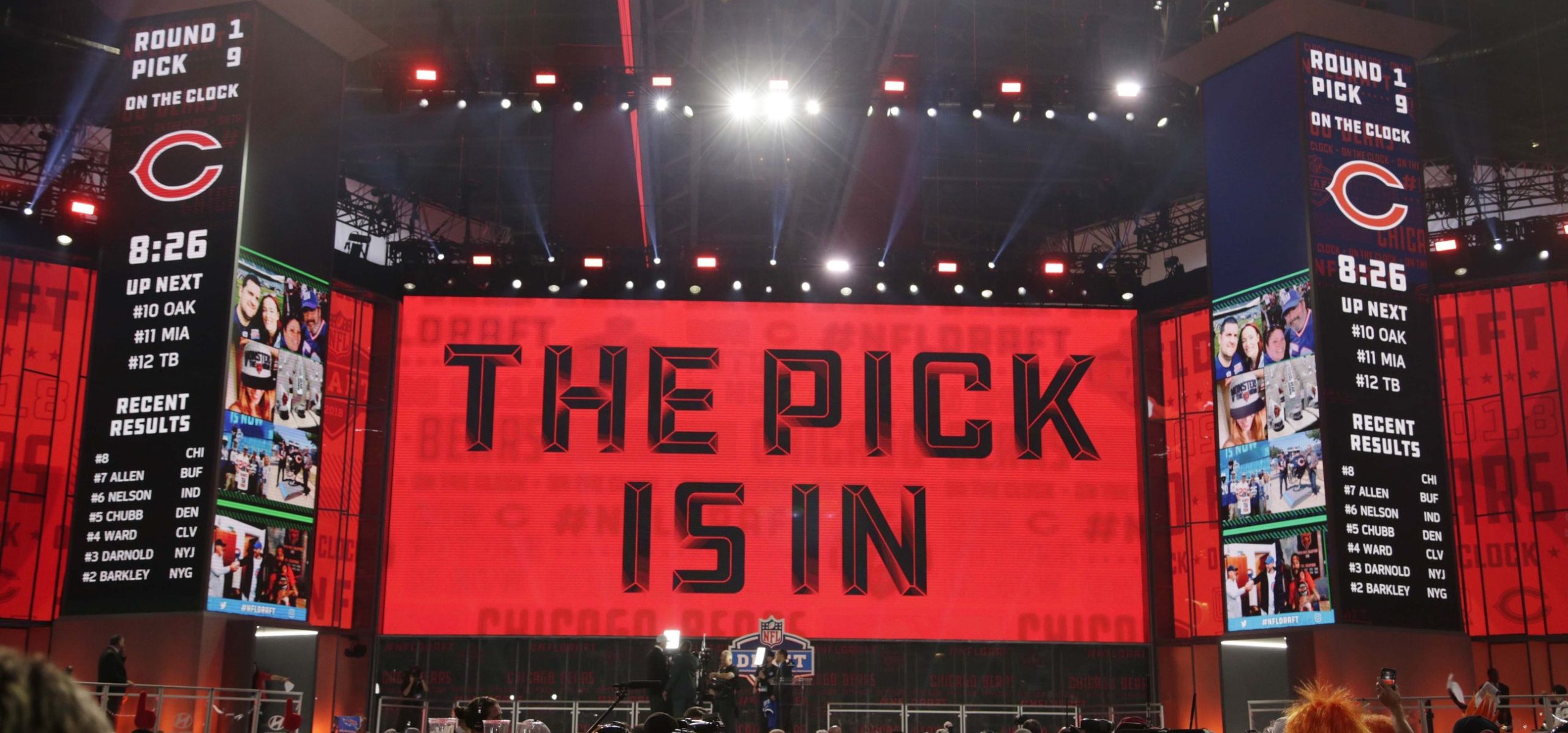The Atlanta Braves’ unusual plan to sell stock in the team has brought to light some interesting details about the team’s finances.
This month Liberty Media, the company that owns the Braves, filed a “lengthy document” with the U.S. Securities and Commissions Exchange explaining their plan to sell trading stock in the team, according to the Atlanta Journal-Constitution. The document happens to contain some usually guarded financial secrets.
From the Journal-Constitution:
It showed a drop in revenue as the team struggled on the field the past two seasons and said the Braves had a $16 million operating loss in the first nine months of last year, the most recent period available.
However, the filing revealed the Braves would have shown a healthy profit during that period if not for a $25 million expense for depreciation and amortization.
Similarly, the document showed the Braves had an operating loss of $47 million in 2014, but most of that — $29 million — also was from depreciation and amortization.
The fact that the Braves operated at a loss the last couple years is interesting but also probably a bit aberrational. Atlanta openly tanked the 2015 season, finishing 67-95 after trading away Jason Heyward, Justin Upton, Craig Kimbrel and Evan Gattis. Not only that, but 2015 was the team’s second season since ownership announced it was relocating the franchise to the Cobb County suburbs in 2017. Overall, it would be hard to drum up a situation less exciting than a lame-duck team that has traded away many of its best players.
The Braves’ plan to sell stock in the team is near-unprecedented. According to a Journal-Constitution article from November, other tradable sports franchises include the New York Knicks and Rangers — traded as part of Madison Square Garden — and Manchester United. Stock in the publicly owned Green Bay Packers is not tradable.
Tradable sports franchises are an interesting idea, giving fans a literal stake in their favorite teams, but the concept also creates some impure incentives. We want our sports decision-makers to do what it takes to win games not just maximize profit, but if owners and executives are worried about stockholders they will presumably think in mostly financial terms. Liberty acknowledges this in its own filing:
A lengthy document about the plan, filed this month by Liberty with the Securities and Exchange Commission, acknowledged the delicate balance in mixing sports and stocks.
If the Braves acquire highly paid players to improve the team’s short-term performance, Liberty’s filing said, that “could significantly increase operating expenses for a given year and … adversely impact the trading price” of the stock.
But on the other hand, the document said, if the Braves “focus on longer-term success by investing more heavily in … younger and less expensive talent,” that may hurt the team’s current on-field performance “and in turn could have a negative impact on ticket sales and other sources of revenues.”
Tradable stocks in the team sounds like something Braves might be initially excited about but ultimately regretful of.






